Algerian boxer Imane Khelif became embroiled in controversy when her opponent abandoned her bout just 46 seconds into competition at the 2024 Summer Games in Paris. While Khelif is getting a short break -- she'll return to the ring soon if her next matchup goes on as scheduled.
By withdrawing on Thursday, her opponent, Italy's Angela Carini, said she wasn’t making a political statement about Khelif. However, the move reopened debate about the status of the 25-year-old boxer -- whose presence at the Paris Olympics has become a divisive issue. She was disqualified from the 2023 world championships after failing an unspecified gender eligibility test.
Khelif was assigned female at birth and it says so on her passport, which is the International Olympic Committee’s threshold for eligibility for boxing because of the rift between the sport’s governing body and the IOC.
The Algerian is a formidable athlete with respected fighting skills, contending in top international events — including major amateur boxing tournaments over the past six years, such as the Tokyo Olympics.
But Khelif isn’t considered to be at the level of defending Olympic champion Busenaz Surmeneli of Turkey or 2023 world champion Yang Liu of China, the top two seeds in Paris.
Khelif defeated Carini in just 46 seconds, with the Italian boxer’s tearful abandonment of the fight leading to innumerable portrayals of Khelif as an unstoppable punching machine whose presence threatens the health of her opponents.
Local
Khelif reached the final of the 2023 world championships before she was abruptly disqualified by the International Boxing Association, which cited high levels of testosterone in her system. The circumstances of that disqualification have been considered highly unusual ever since it happened, and Khelif called it “a big conspiracy” at the time.
The reasons for the two disqualifications are extremely murky, as is almost always the case with the IBA. The governing body has revealed little about the nature of the tests, including what was tested and who tested it. This lack of transparency would be unacceptable in major Olympic sports, and the IBA has been banned from the Olympics since 2019.
Feeling out of the loop? We'll catch you up on the Chicago news you need to know. Sign up for the weekly> Chicago Catch-Up newsletter.
Khelif’s next match is against Hungary’s Luca Anna Hamori in Saturday’s women’s 66-kilogram quarterfinals.
The Hungarian Boxing Association said it is sending letters of protest to both the IOC and Hungary’s Olympic committee over the upcoming quarterfinal matchup.
Hamori still will accept her fight on Saturday against Khelif, according to MTI, Hungary’s state news agency.
MTI was told of the association’s plans Friday by Lajos Berkó, a member of the association’s executive board. The association also is investigating the possibility of legally challenging Khelif’s presence.
“I’m not scared,” Hamori said Thursday. “I don’t care about the story or social media.”
If Khelif wins, she'll go to the semifinal at 3:34 p.m. CT on Tuesday, Aug. 6.
The women's welterweight final is set to take place on Friday, Aug. 9.




